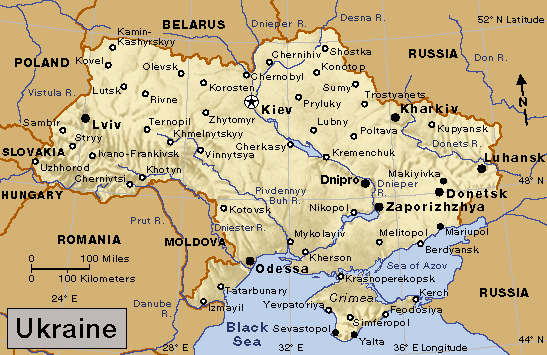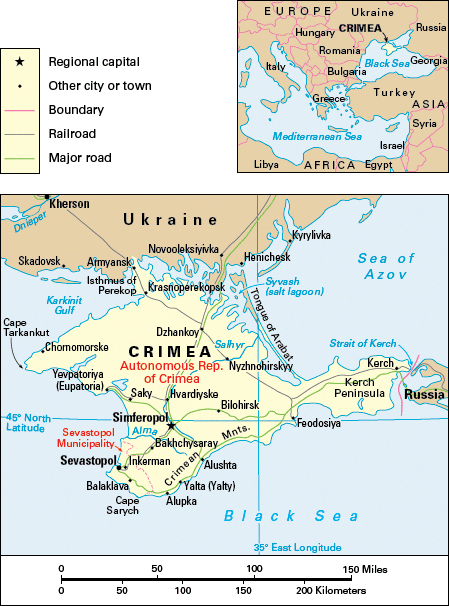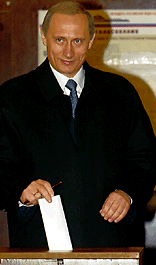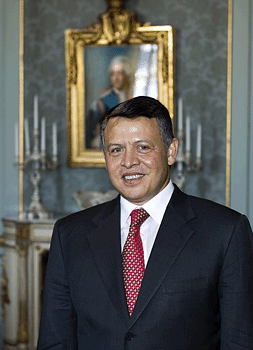Boehner Invites Israeli Prime Minister to Address Congress
Thursday, January 22nd, 2015January 22, 2015
Speaker of the House of Representatives John A. Boehner yesterday invited Israeli Prime Minister Benjamin Netanyahu to speak before a joint session of Congress on February 11. Political analysts suggested that the invitation, which Netanyahu accepted, is part of a growing showdown between Republicans and President Barack Obama over proposals to tighten sanctions against Iran. Iran, the United States, and other world powers are in negotiations over possible controls and monitoring of Iran’s nuclear program, including levels of uranium enrichment. Despite these talks, Israel, according to a number of military experts, is preparing for air strikes on Iranian nuclear facilities.
In his State of the Union address to Congress on January 20, President Obama appealed to the Republican-controlled House and Senate to hold off on any additional sanctions against Iran while diplomatic talks continue over possible ways to limit Iran’s nuclear program. [New sanctions] “will all but guarantee that diplomacy fails, alienating America from its allies and ensuring that Iran starts up its nuclear program again,” the president stated in his address.
Speaking to Republican lawmakers yesterday, Boehner noted that he hoped Netanyahu would speak on the threat radical Islam and Iran pose to U.S. security. “He [President Obama] expects us to stand idly by and do nothing while he cuts a bad deal with Iran,” said Boehner.
Today, a White House spokesperson informed the media that President Obama would not meet with Prime Minister Netanyahu upon his arrival in February.
Additional World Book article:






